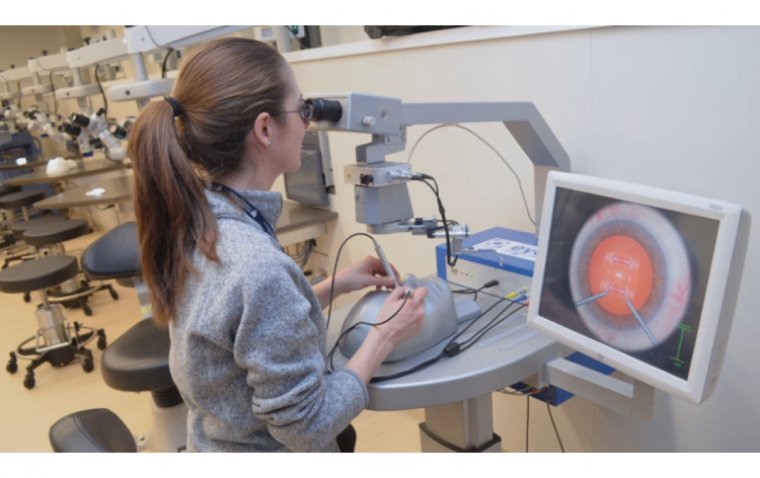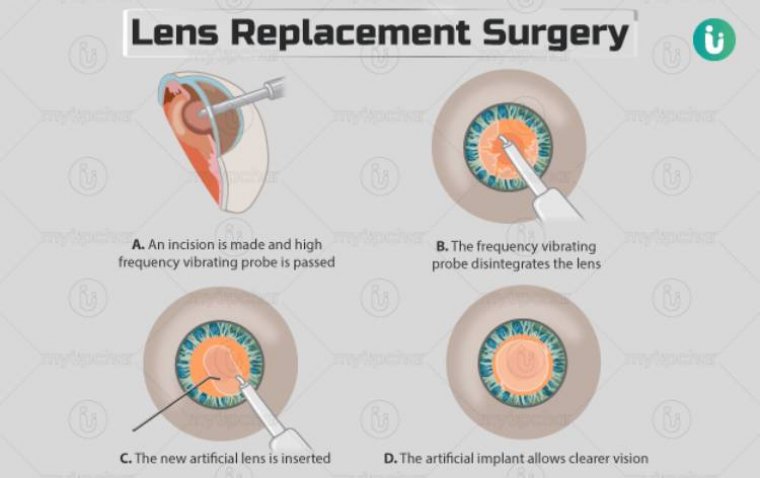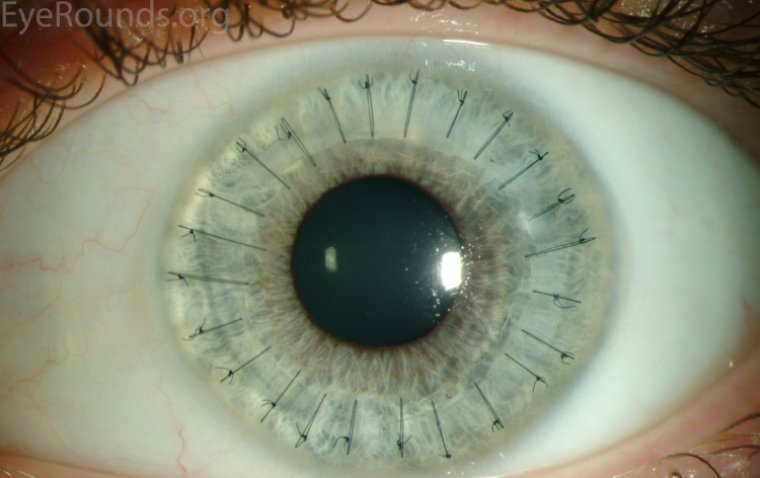
5 Things Ophthalmology Residents Should Know Before Going Into the Field
Becoming an ophthalmology resident is a significant milestone for aspiring eye doctors. Ophthalmology is a complex field, and there are a few key things that new residents should be aware of before beginning their training. Here are the top 5 things ophthalmology residents should know before going into the field:
1. Mastery of Basic Clinical Skills is Crucial
It is essential for ophthalmology residents to have a good understanding of the basic clinical skills required to assess and diagnose eye conditions. This includes taking a detailed patient history, performing a comprehensive eye examination, and interpreting diagnostic tests such as visual field tests, fundus photography, and optical coherence tomography (OCT). A strong foundation in these basic clinical skills will help residents to make more accurate diagnoses and provide better care for their patients.
2. Collaboration with Other Specialists is Key
Ophthalmology is a highly specialized field, and often, eye conditions can be related to other systemic diseases. Therefore, it is crucial for ophthalmologists to collaborate with other specialists, such as neurologists, endocrinologists, and rheumatologists, to provide comprehensive care for their patients. Ophthalmology residents should develop strong relationships with other healthcare professionals, as this will facilitate the effective management of complex eye conditions.
3. Attention to Detail is Critical
Ophthalmology requires a great deal of attention to detail, as even minor errors in diagnosis or treatment can have significant consequences for patients. Ophthalmology residents must be meticulous and precise in their work, paying close attention to every detail in the patient's history, examination, and diagnostic tests. By maintaining a high level of attention to detail, ophthalmologists can ensure that their patients receive the best possible care.
4. The Importance of Communication Skills
Effective communication is essential for ophthalmologists, as they need to communicate complex medical information to their patients in a clear and understandable manner. Ophthalmology residents should focus on developing their communication skills, including the ability to explain diagnoses and treatment plans in a way that patients can easily understand. Additionally, ophthalmologists must be able to communicate effectively with other healthcare professionals to ensure that patients receive optimal care.
5. The Advancement of Technology in Ophthalmology
Advancements in technology have revolutionized the field of ophthalmology, making it possible to diagnose and treat a wider range of eye conditions more effectively. Ophthalmology residents should keep up to date with the latest technological advancements, including the use of robotics, artificial intelligence, and telemedicine in ophthalmology. By staying informed about the latest technological developments, residents can provide their patients with the most advanced and effective care possible.
In conclusion, by developing a strong foundation in basic clinical skills, collaborating effectively with other healthcare professionals, paying close attention to detail, communicating effectively, and staying up to date with the latest technological advancements, ophthalmology residents can provide their patients with the best possible care.
See our recent news about the Top 5 Residency Programs in the U.S. & How to Get In.
(1).jpg)










